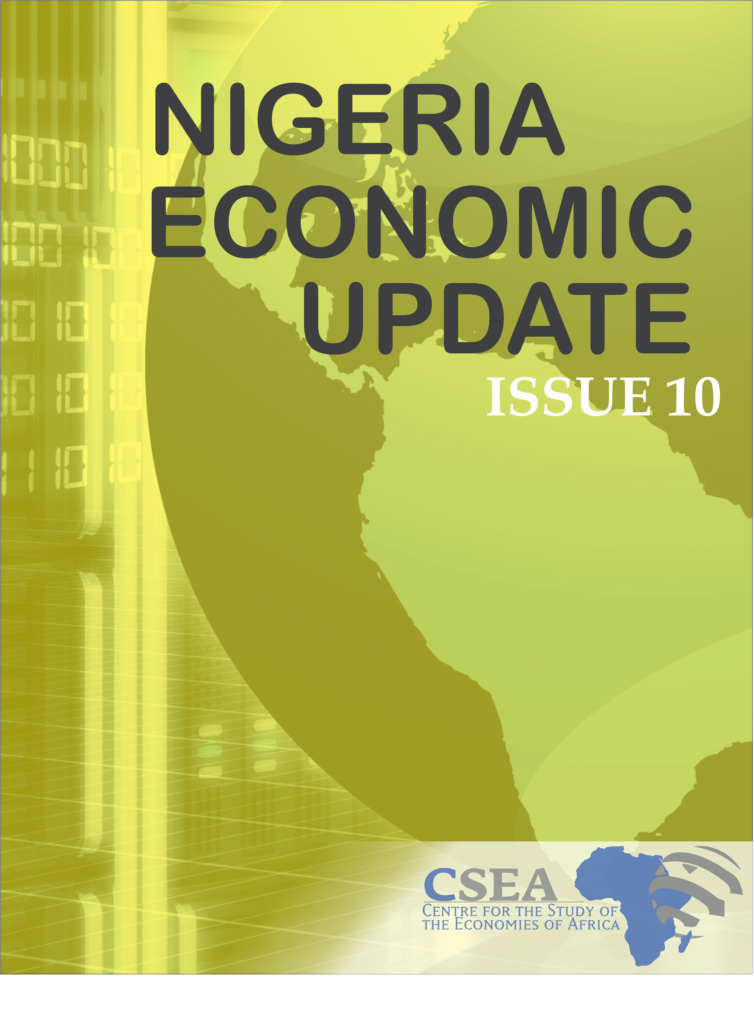The national accounts for 2017Q4 show that the aviation sector grew year-on-year by 4.7 percent in real terms – significantly higher than the 0.48 percent in preceding quarter but significantly lower than the 13.3 percent in the corresponding quarter of 2016 Drawing from the data recently provided by the NBS, it can be inferred that the increase in the number of both domestic and international passenger traffic in the fourth quarter (by 4.9 percent YOY to 3.7 million passengers) may have partly driven the YOY real growth in the sector. This is in addition to remarkable increases in aircrafts and mail movements – by 4.6 percent and 229.6 percent respectively.
Macroeconomic Report & Economic Updates

March 10, 2018
Nigeria Economic Update (Issue 10)
The national accounts for 2017Q4 show that the aviation sector grew year-on-year by 4.7 percent in real terms – significantly higher than the 0.48 percent in preceding quarter but significantly lower than the 13.3 percent in the corresponding quarter of 2016 Drawing from the data recently provided by the NBS, it can be inferred that […]
Read →
